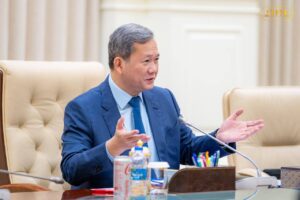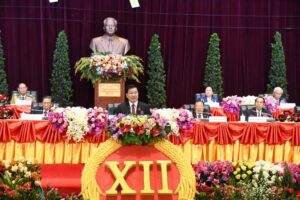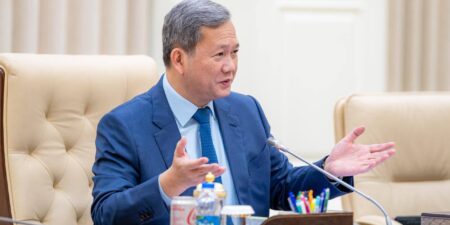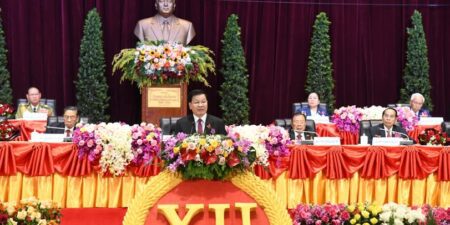
Philippine Midterm Elections Signal Policy Stability for Businesses

The BGA Philippines Team, led by Managing Director Victor Andres Manhit, wrote an update to clients on the Philippines’ midterm elections.
Context
- Philippine voters elected half of the 24-member Senate, all 317 members of the House of Representatives and thousands of local government officials in the country’s May 12 midterm polls. The feud between President Ferdinand “Bongbong” Marcos Jr. and Vice President Sara Duterte played a prominent role in the lead-up to election day, shaping both national and local races.
- The Marcos camp appears to have secured a very narrow victory over the rival Duterte camp, according to partial and unofficial results that the Commission on Elections released May 13. More than 68 million votes were cast and over 97 percent of election returns have been processed. Consolidated support in both chambers of Congress signals policy continuity for the remainder of Marcos’ term. This alignment will be especially significant amid Duterte’s ongoing impeachment trial.
Significance
- The elections are seen as pivotal for Marcos as he seeks to consolidate political support and advance his administration’s strategic priorities. Securing a congressional majority would enable the government to advance key initiatives, such as asserting Philippine claims in the South China Sea and strengthening ties with long-standing allies like the United States and Japan. Legislative backing is essential to prevent gridlock, improve the country’s military preparedness, strengthen strategic alliances and maintain political stability amid geopolitical tensions.
- Duterte’s impeachment trial in the Senate is set for the end of July. The House of Representatives impeached her in February on allegations of betraying the public trust; violating the constitution; and partaking in graft, corruption and other high crimes, making her the first Philippine vice president to be impeached. She will remain in office until the Senate’s final verdict. Amid the deepening Marcos-Duterte feud, a stronger presence of Marcos-backed candidates in the Senate could increase the likelihood of successfully pursuing impeachment proceedings against Duterte, potentially disqualifying her from running for president in 2028. However, the current election results indicate a tie, making the outcome uncertain.
Implications
- The Legislative-Executive Development Advisory Council is expected to craft a new list of priority legislation for the next Congress, likely building on key agenda items carried over from the current Congress. Notably, bills that are not passed during the current Congress, regardless of how advanced they were in the legislative process, must be refiled for consideration in the new legislative cycle.
- The administration will be able to pursue its current legislative agenda given its electoral wins, providing predictability for businesses and investors. In recent years, the Marcos administration has promoted a more investment-friendly environment, a trend that is expected to continue and potentially strengthen following the midterm results. A unified Congress enables the streamlined passage of policies focused on addressing Filipinos’ most urgent concerns, such as inflation and unemployment.
We will continue to keep you updated on developments in the Philippines as they occur. If you have any comments or questions, please contact BGA Philippines Managing Director Victor Andres “Dindo” Manhit at vmanhit@bowergroupasia.com.
Best regards,
BGA Philippines Team

Victor Andres Manhit
Managing Director
Dindo is recognized as one of Manila’s most well-connected and savvy advisors on developments in government and business in the Philippines. Concurrent to his role as managing director for BGA’s operations in the Philippines, he is also the founder and managing director of the Stratbase Group and president of its policy think tank, the Albert del Rosario Institute for Strategic and International Studies. Since 1991, Dindo has served as a member of the faculty and is the former chair of the Political Science Department and a senior fellow of the La Salle Institute of Governance at the De La Salle ... Read More
×
























